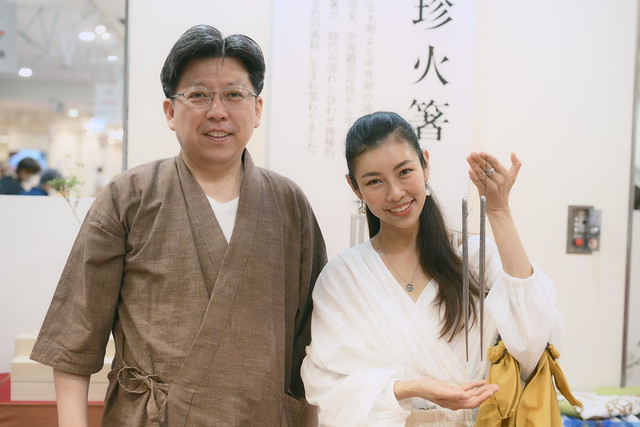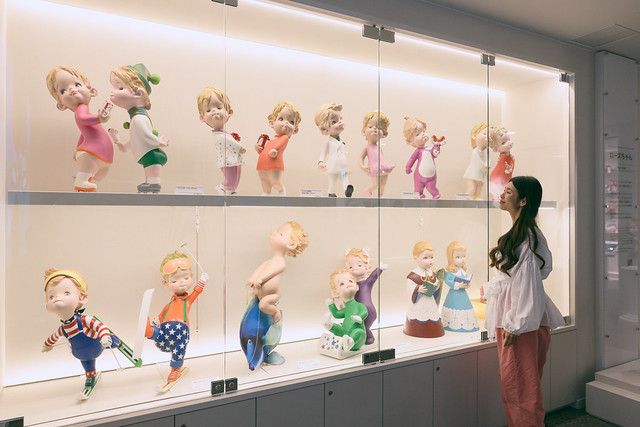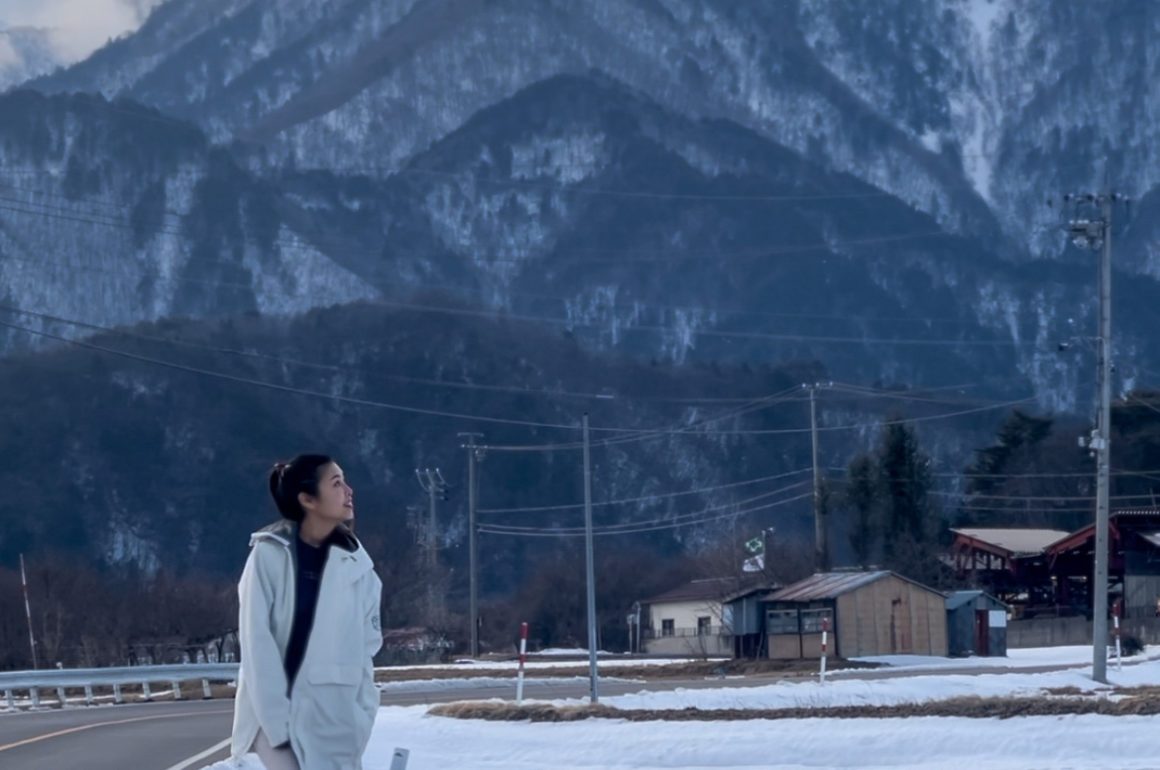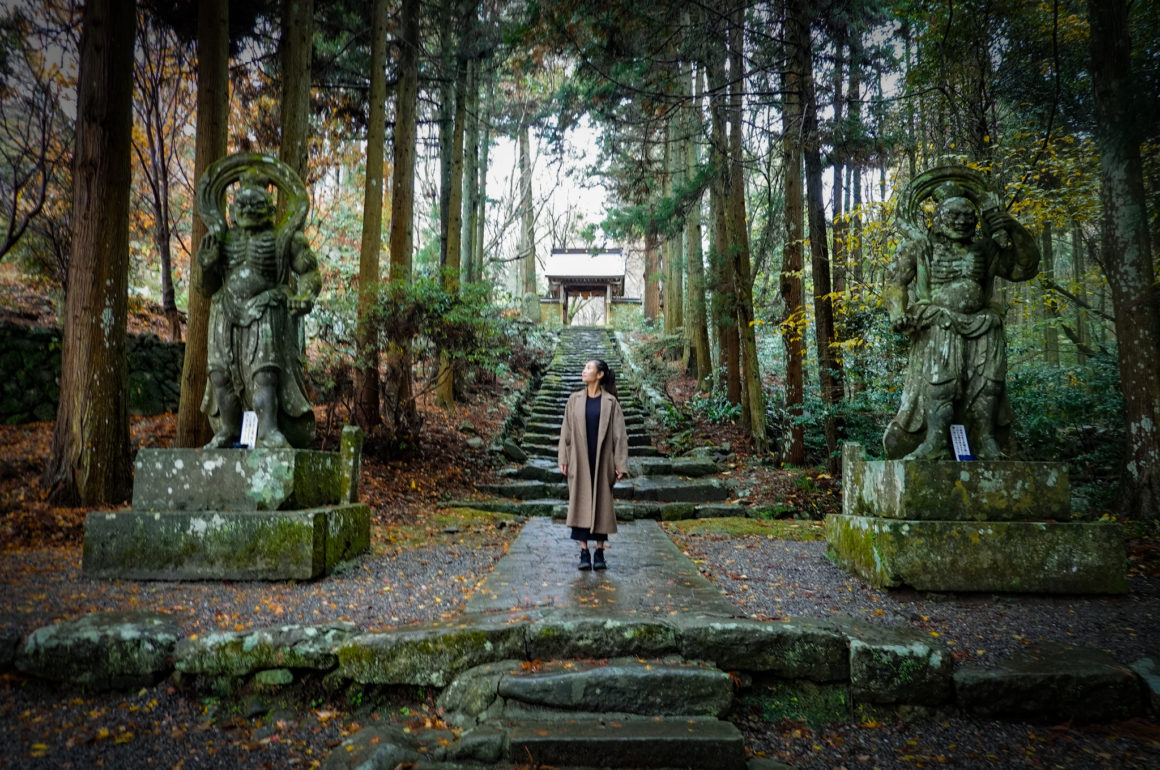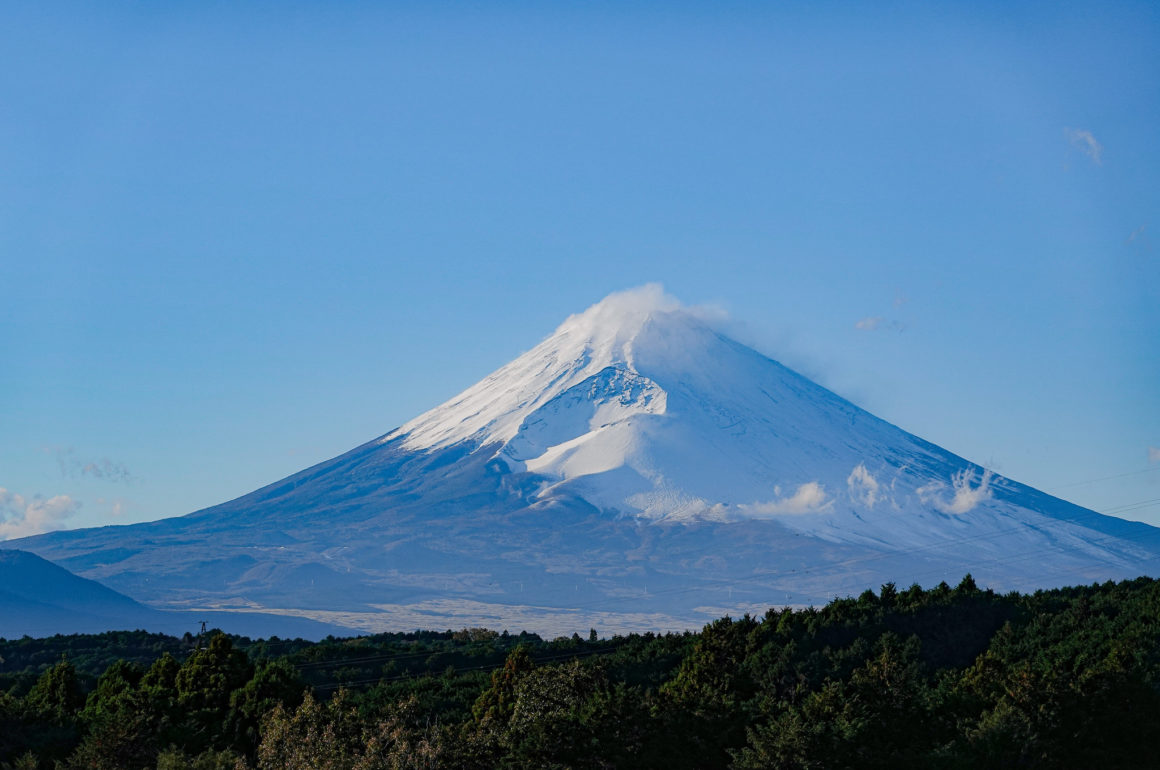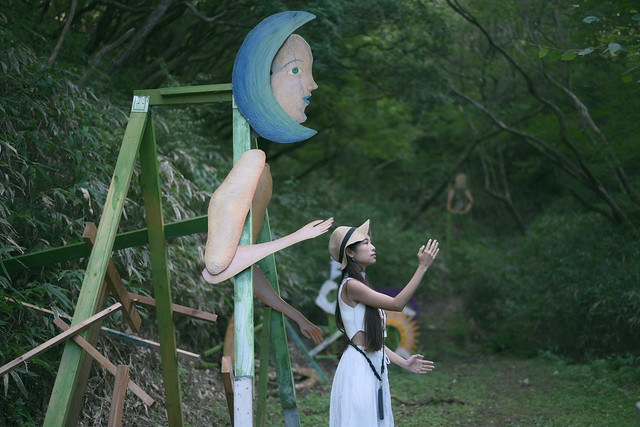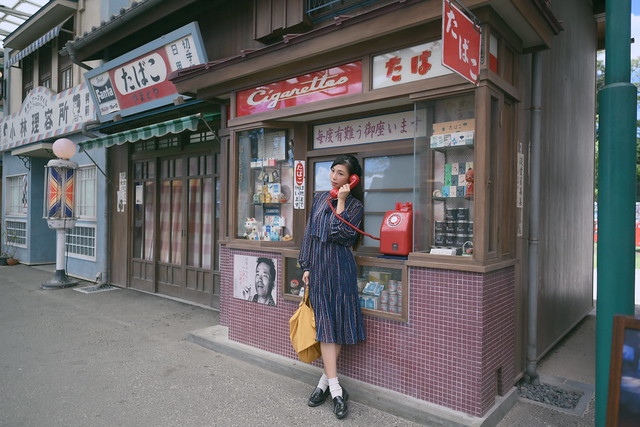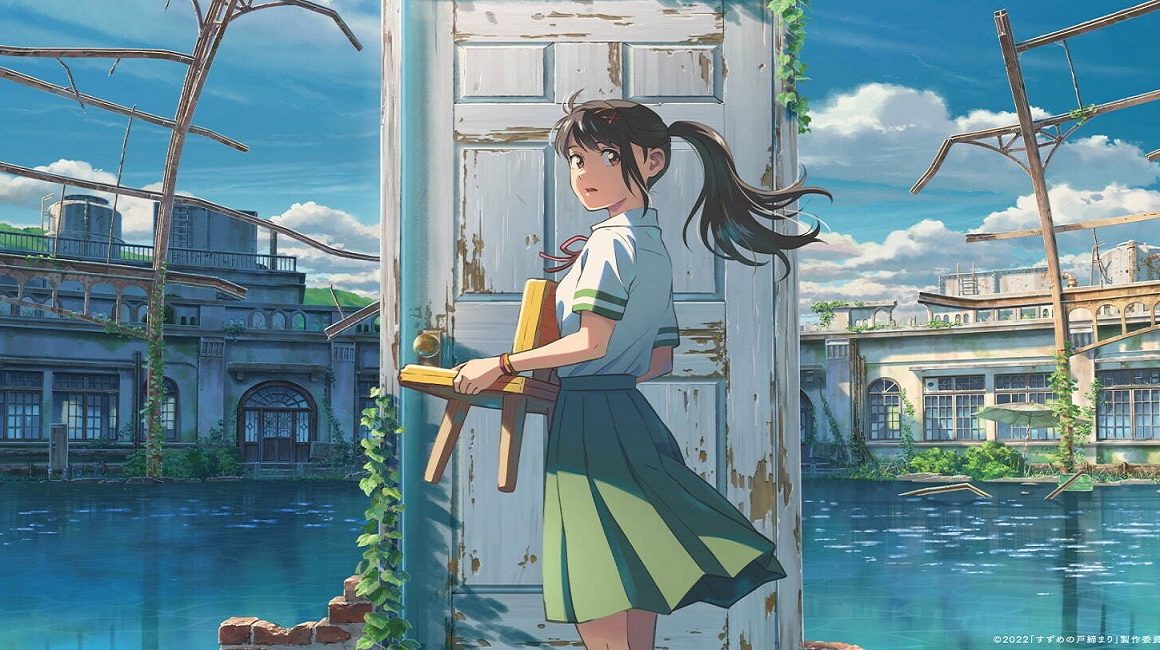
Ironically, the last blog post was titled “The Movie” but it wasn’t about a movie at all.
This is.
I should be better at titling. Or entitling. I’m pretty sure that’s not how “entitle” works but I am entitled to title titles however I like. Now the word looks funny to me.
(Then again, if one is entitled, they are literally being titled. What would their title be?)
(Also, I suspect this is the reason why nobody reads this blog anymore. Because I am bad at writing titles. And writing. Maybe.)
Anyways.
This post is about the movie “Suzume no Tojimari”, or in English, just “Suzume”.
Note: This blog post contains spoilers. If you are a fan of Shinkai Makoto and have not watched this film and do not wish to hate me for the rest of your life, please close this page and go watch some alpaca memes instead. (I will give a spoiler warning before proceeding to reveal part of, but not the entire plot.)
Since its release last year on Nov 11, I never had had the chance to watch it. I finally did, back in April.
As usual with Shinkai’s movies, I teared. This one especially touched me deeply. In fact, Suzume no Tojimari is maybe my favorite of all time, in terms of significance to my own life circumstances.
I watched both “Your Name” and “Weathering with You” when they were released, and both times it was like a sharp, piercing ray shining into the collective pond of my emotions–below the calm surface, for the first time, I could see through the darkness all the way down, just how many mysterious creatures were hiding at the bottom, previously unnoticed. It stirred my entire internal world upside down, unleashed some long suppressed emotions and longings I never knew existed and changed things forever. That was how powerful Shinkai’s films were to me.
Suzume no Tojimari is profound beyond anything I could ever expected. It is a story I know deep inside.
While I absolutely adore the fateful encounter between Mitsuha and Taki in Your Name, and deeply admire Hina’s uncanny power to summon the sunshine and Hodaka’s determination to bring his loved one back in Weathering with You, nothing strikes so deep like Suzume‘s messages.
My favorite character, other than Suzume herself, is Daijin.

Daijin the spirit deity, also a kanameishi “keystone”.
Fun fact 1: Suzume’s family name is Iwato, which is one of the most mysterious and legendary shrines in Japan, located in Miyazaki, which is where Suzume lives.

Amano Iwato Shrine, Miyazaki Prefecture
Fun Fact 2: One of the locations featured in the film, when Suzume takes the ferry in search of Daijin, she lands at the charming coastal town of Yawatahama of Ehime Prefecture. Remember the mikan scene? Yawatahama is a small hamlet where 200 mikan farmers live on!

Yawatahama, Ehime Prefecture
Let’s get back to the story.
Mischievous and slightly eerie, Daijin the feline spirit deity who can speak human language seems to have caused Suzume all sorts of troubles as illustrated in the movie. It was the reason why Suzume had to leave home, take on a mission too big she thought she could to handle, and hurl herself into uncertain, scary circumstances.
*moderate spoiler ahead*
But… maybe this is exactly what Daijin wishes for Suzume? So that it could be the reason Suzume could leave home, take on a mission too big she thought she could to handle, and hurl herself into uncertain, scary circumstances?
But why would Daijin want that to happen?
In my opinion, Daijin is a loving, kind, albeit playful spirit who is 100% Suzume’s ally, despite how it might have seemed the exact opposite at first. In fact, one could argue that Daijin is Suzume’s guardian spirit. Notice how Daijin has saved Suzume from the most critical perils, and not just once. It goes to show how Daijin cares for Suzume infinitely and unconditionally. But what about all the mischiefs that made Suzume’s life difficult? This is how I see it: all the hardship Daijin throws her way, including the rather bizarre scene where Suzume had a row with her aunt as Sadaijin–another “keystone” deity–that possesses Tamaki, was all intended for her own good, so that she can finally embark on an adventure to grow, to let go of the ill feelings she has been keeping inside for years, and to discover who she truly is.
Maybe our fate is exactly made that way too, who knows? All the challenges that the kami threw in front of our faces. All the time we bitterly thought in disappointment that the kami did not care, or that our prayers were not heard?
Maybe… they knew it all along? Maybe even, they had planned it all along?
It rings true for me. So much it ironically hurts and heals at the same time. All the times which I thought “why is this happening?”, all that which broke me, punched me in the face, and all which worked against me–including a failing marriage and a pandemic which rendered me jobless for months–pushed me to eventually made the literal move to live Japan, to grow and be who I am right now.
Just like Suzume. She had to go through heartbreaks just so she could traverse Japan (although accidentally). To see things. To open her heart to others. To know that there are those who are willing to help. To learn to trust. To know that she’s here to fulfill her life calling, which is to save the world with her puny, insignificant existence.
This theme is consistent across many Shinkai’s films. A struggle between personal sacrifice to save the greater good and the burning desire to be with a loved one. In Your Name, Mitsuha/Taki saved Japan from a horrible disaster, while in Weathering with You, the society’s wellbeing is sacrificed in exchange for a wistful personal yearning–which many may interpret as self-serving–to be with someone. But how are most of us not like that, too, in reality? Individual’s special ability is depicted in the films to be powerful, but mostly unknown and unappreciated, in reference to the concept of “hitobashira” (humans sacrificed while alive to appease the spirits) in ancient Japan. If Hina has surrendered herself to save the climate change but eventually vanished into thin air, no one would ever remember–except Hodaka–such a paltry, fleeting life–as if never existed. Hina is but a drop of tear into the ocean. Suzume no namida.
Suzume is the main character’s name in Suzume no Tojimari, written as 鈴芽, but suzume also means “sparrow” in Japanese, written as 雀. “Suzume no namida” is a Japanese idiom, which is also the title of one of the movie soundtracks by RADWIMPS, meaning “the tears of a sparrow”. The implication of this expression is “not enough”–one wishes it were more. If sparrows could cry, their tears would be tiny. Just a measly drop in a bucket which is pretty much nothing at all.
How woundingly accurate. How hurtfully relatable. How often–pretty much the entire time–that I have the imposter syndrome, that all my ambitions, hopes, and wishes are too big for my trivial existence to have any actual consequential impact made that would amount to anything at all. I am but suzume no namida.
Suzume knows that. But she does not stop. There’s no stopping because she’s driven by love. She is set to rescue Souta, whom she met in Kyushu and fell so in love with.
And Souta is Japan for me.
However insignificant this existence may seem, I need to walk this path, to break free from my comfort zone, to know that I can do all of this on my own. I need no others. I need no rescue. I can do all of it, on my own. Just like Suzume. And that I can be my own tojishi (the Door Closer). And I will have faith in my guardian deities to watch over me, every step ahead. That I am allowed to make mistakes. And that I can finally see all the mimizu (earthworms) that’s coming out from those long neglected doors. And then I will shut them off, and have my closure.
Closure.
Closure was exactly what I needed. It is also the main theme of Suzume. Reading those abandoned diaries, including those I wanted to burn away so that they can never see the daylight again, was what brought closure. Just like Suzume with hers. The pages that were tainted violently in black ink. Suzume steps back into her past and finds herself. She held the little child of herself and said, “There’s no need to worry. You will be embraced by light as you grow. I am your tomorrow”. Tears rolled down non-stop, and I thanked Suzume quietly in my heart.
Suzume was my inspiration before I even knew her.
That’s what I did for me. That’s what I will continue to do for myself. I am my own Closer. I close doors after doors after doors. Accepting all mimizu that are rearing their ugly heads at me. No one but I have the key. One after another, I will continue to go through those doors, find the little child, comfort her, and close it behind me. One by one I will find her. Until we all rest at peace.
It feels like behind those closed doors–each cover of the diaries I flip open, is a door into that mysterious dimension, where the past, present and future are merged into one timeless space. That’s where I am right now.
Who is to say the future me is not here, right now, telling me that she’s got my back, too? That I am too, right now, right this moment, embraced by warmth and light so that I can grow. That there’s nothing to fear. That it will all work out just as intended–all that I never needed and wanted and longed for and wished for, are here.
That now that I have had the courage to face all of the mimizu of my past, I am ready.
Ittekimasu. Into another door, another space. Fearlessly.


